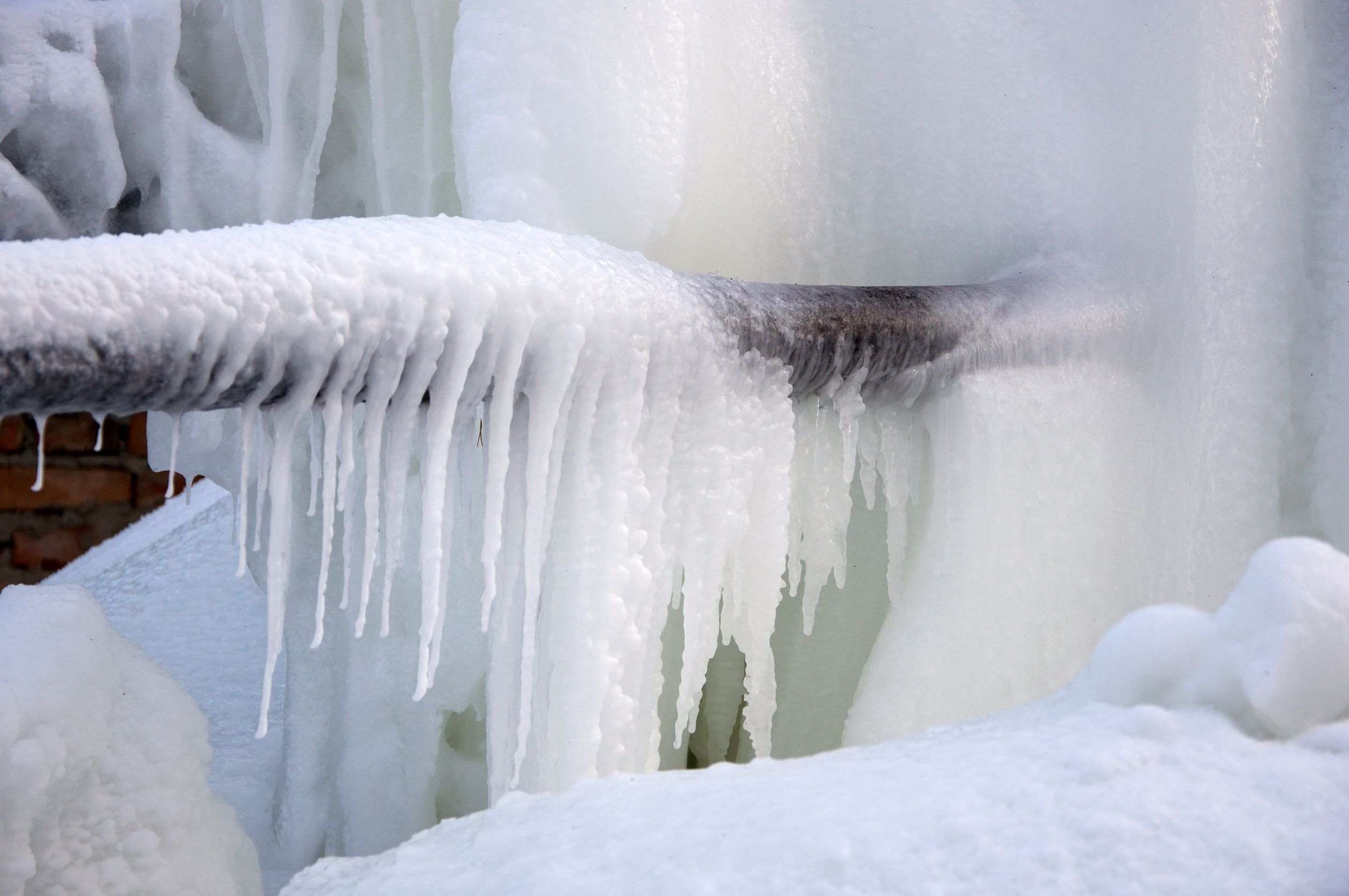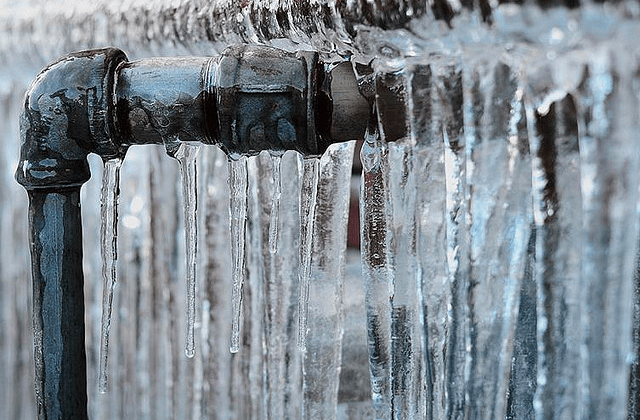The publisher is making a number of great pointers relating to Winter Plumbing Precautions: Preventing Frozen Pipes in general in the content on the next paragraphs.

Winter can damage your pipes, especially by freezing pipes. Here's how to stop it from occurring and what to do if it does.
Introduction
As temperature levels decline, the threat of icy pipelines rises, potentially leading to costly repairs and water damages. Comprehending how to stop frozen pipes is critical for property owners in cool environments.
Avoidance Tips
Insulating vulnerable pipes
Wrap pipes in insulation sleeves or utilize heat tape to protect them from freezing temperature levels. Focus on pipelines in unheated or outside locations of the home.
Heating strategies
Keep indoor spaces adequately heated up, specifically areas with plumbing. Open up cupboard doors to enable warm air to distribute around pipelines under sinks.
How to determine icy pipes
Search for reduced water circulation from taps, unusual odors or noises from pipes, and visible frost on subjected pipes.
Long-Term Solutions
Structural changes
Take into consideration rerouting pipes far from exterior wall surfaces or unheated areas. Add added insulation to attics, cellars, and crawl spaces.
Updating insulation
Invest in high-quality insulation for pipelines, attic rooms, and walls. Correct insulation helps maintain constant temperatures and decreases the danger of frozen pipelines.
Shielding Outside Plumbing
Yard hose pipes and exterior taps
Disconnect and drain pipes garden pipes before winter months. Set up frost-proof faucets or cover outdoor taps with insulated caps.
Comprehending Icy Pipes
What creates pipelines to freeze?
Pipelines ice up when exposed to temperatures listed below 32 ° F (0 ° C) for expanded periods. As water inside the pipes freezes, it broadens, taxing the pipeline wall surfaces and potentially causing them to burst.
Dangers and damages
Icy pipelines can bring about water supply disruptions, building damage, and expensive repairs. Burst pipes can flood homes and cause substantial structural damage.
Indicators of Frozen Piping
Recognizing icy pipelines early can stop them from rupturing.
What to Do If Your Pipelines Freeze
Immediate activities to take
If you presume icy pipelines, maintain taps open up to ease pressure as the ice melts. Use a hairdryer or towels taken in warm water to thaw pipelines slowly.
Conclusion
Avoiding frozen pipelines needs positive measures and quick feedbacks. By understanding the causes, indicators, and preventive measures, property owners can secure their pipes throughout cold weather.
Helpful Tips to Prevent Frozen Pipes this Winter
UNDERSTANDING THE BASICS: WHY PIPES FREEZE AND WHY IT’S A PROBLEM
Water freezing inside pipes is common during the winter months, but understanding why pipes freeze, and the potential problems it can cause is crucial in preventing such incidents. This section will delve into the basics of why pipes freeze and the associated problems that may arise.
THE SCIENCE BEHIND FROZEN PIPES
When water reaches freezing temperatures, it undergoes a physical transformation and solidifies into ice. This expansion of water as it freezes is the primary reason pipes can burst. As the water inside the pipe freezes, it expands, creating immense pressure on the walls. If the pressure becomes too great, the pipe can crack or rupture, leading to leaks and water damage.
FACTORS THAT CONTRIBUTE TO PIPE FREEZING
Low Temperatures: Extremely cold weather, especially below freezing, increases the risk of pipes freezing. Uninsulated or Poorly Insulated Pipes: Pipes located in unheated areas, such as basements, crawl spaces, or attics, are more prone to freezing. Insufficient insulation or lack of insulation altogether exacerbates the problem. Exterior Wall Exposure: Pipes running along exterior walls are susceptible to freezing as they encounter colder temperatures outside. Lack of Heating or Temperature Regulation: Inadequate heating or inconsistent temperature control in your home can contribute to frozen pipes. PROBLEMS CAUSED BY FROZEN PIPES
- Pipe Bursting: As mentioned earlier, the expansion of water as it freezes can cause pipes to burst, resulting in significant water damage.
- Water Damage: When pipes burst, it can lead to flooding and water damage to your property, including walls, ceilings, flooring, and personal belongings.
- Structural Damage: Prolonged exposure to water from burst pipes can compromise the structural integrity of your home, leading to costly repairs.
- Mold and Mildew Growth: Excess moisture from water damage can create a favorable environment for mold and mildew growth, posing health risks to occupants.
- Disrupted Water Supply: Frozen pipes can also result in a complete or partial loss of water supply until the issue is resolved.
WHY CERTAIN PIPES ARE MORE PRONE TO FREEZING
- Location: Pipes located in unheated or poorly insulated areas, such as basements, crawl spaces, attics, or exterior walls, are at higher risk of freezing.
- Exterior Pipes: Outdoor pipes, such as those used for irrigation or exposed plumbing, are particularly vulnerable to freezing as they are directly exposed to the elements.
- Supply Lines: Pipes that carry water from the main water supply into your home, including the main water line, are critical to protect as freezing in these lines can affect your entire plumbing system.
- Underground Pipes: Pipes buried underground, such as those connected to sprinkler systems or outdoor faucets, can be susceptible to freezing if not properly insulated.
https://busybusy.com/blog/helpful-tips-to-prevent-frozen-pipes-this-winter/

As an enthusiastic person who reads on How To Avoid Freezing Pipes, I think sharing that portion was essential. So long as you enjoyed reading our blog posting please remember to share it. I value reading our article about Winter Plumbing Precautions: Preventing Frozen Pipes.
Request An Appointment